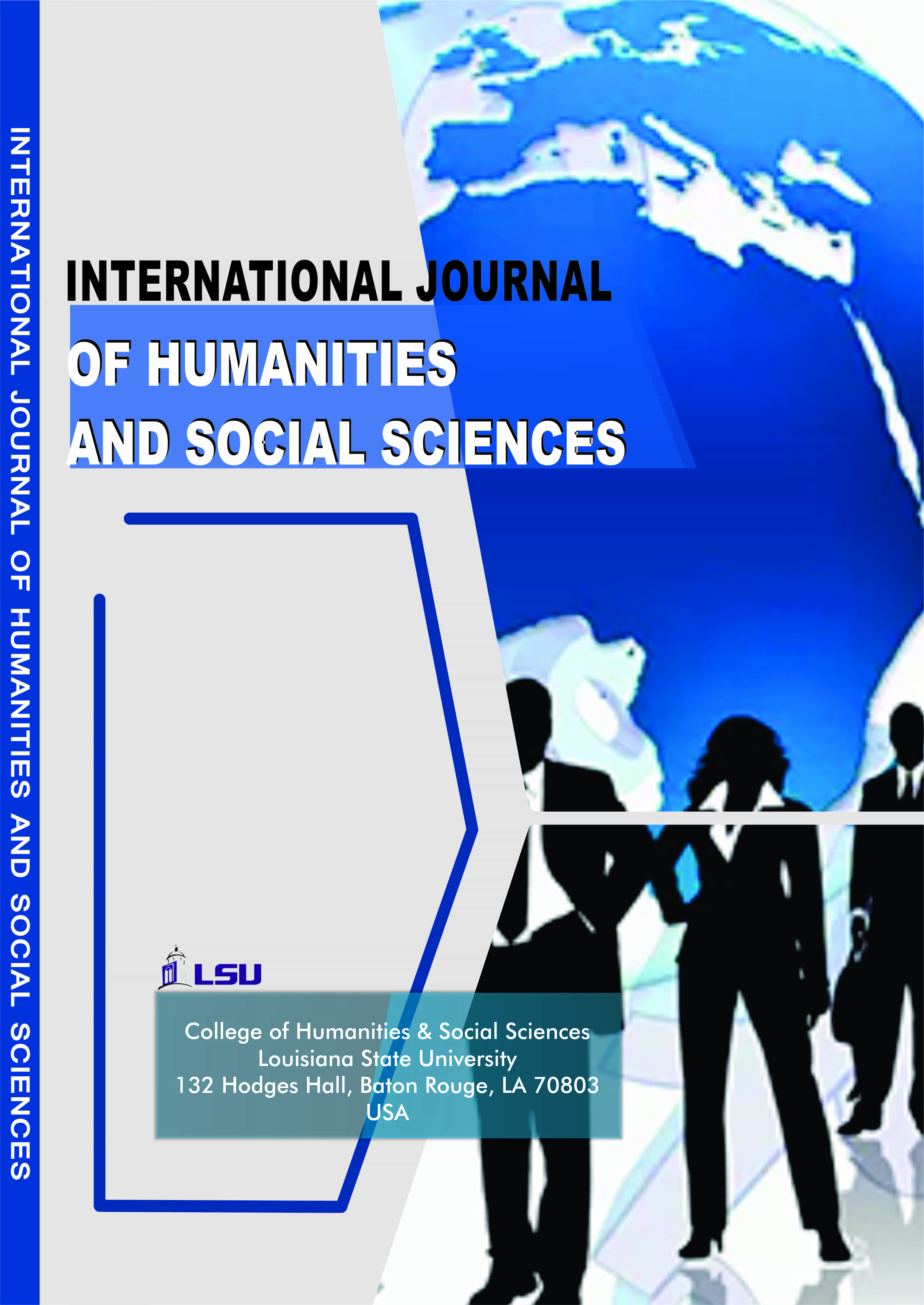INTERNATIONAL JOURNAL OF HUMANITIES AND SOCIAL SCIENCES (IJHSS)
Economic Rights of Women in Islam as a Tool for Poverty Alleviation in Adamawa State, Nigeria
E-ISSN: 3435-6457
P-ISSN: 8654-3552
DOI: https://iigdpublishers.com/article/232
This paper delves in to the issues of economic rights of women in Islam as a tool for poverty alleviation in Adamawa state, with a specific focus on Islamic perspectives. Discrimination against women's rights in the economic sector based on Islamic teachings is still common in Adamawa. This article aims to reveal the economic empowerment of women by the Prophet Muhammad (SAW). During his life, he took sides with women by giving them their rights, including those in the economy. Also, it aims to portray the implementation of the Prophetic teachings related to women's economic rights in the Adamawa context by using descriptive-analytical research methods. The collected data is then analyzed using gender and Islamic approaches. The results showed that the Prophet had upheld and implemented women's economic rights through his Hadiths. Therefore, the findings of the research indicate that, there are still some Muslim in Adamawa that do not understand these concepts. This research recommended that, Muslim women, Imāms, Islamic scholars, and Muslim organizations to disseminate the pristine teachings of Islam regarding women's rights and poverty alleviation for sustainable development. Therefore, in addressing the challenges of this menace and ensuring the realization of women's rights to economy, a promising future awaits Muslim communities through prioritizing the economic empowerment of the Muslim women.
Khadijat Buba & Sa’adatu Hassan Liman PhD
Al-Ghazali,Al-Imanbayn Al-Aql-Qalb(pivots of faith mind and heart between mind and
heart) Dar al fiqh .1-january, (2008).
Al-Hashimi M. A. “The IDEAL MUSLIMAH. The True Islamic Personality of the Muslim
Woman” Translated into English NASSRUDIN AL-KHATTAB Riyadh, 15th Shawwal 1416, 4th March 1996
Al-Qurtubi, M.A.Al-Jamicu li Ahkamil Qur‟an, (Beirut, Mu‟assasatur-Risalah 2006) 79
Aliyu I A. “Protection of Women Right under the Shari‘āh ” Islam and Civilisational
Renewal, Vol. 3, No. 1(2010)
Al-Qurtubi, M. (2000). Tafsir al-Jami’ li Ahkam al-Qur’an. Cairo: Dar al-Salam.
Arifin, T. Gender equity in Hadith literature: an analysis of the contemporary Hadith curriculum of Madrasah Aliyah in Indonesia. Journal of Hadith Studies, 3(2), 1–11. (2018)
Badamasiy J.B. Status and Role of Women under the Shari‘āh.ABU Press Ltd Zaria, Kaduna ( 2012)
Badawi .J. “Status of Women in Islam: The Economic Aspect” https://www.the-faith.com/muslim-lifestyle/women-in-islam/the-status-of-women-in-islam-part-5-the-economic-aspect/ (2018)
Doi. A.I “Women in Shari‘āh, Islamic Law” (1983)
Danaan .V. “Analysing Poverty in Nigeria through Theoretical Lenses”” Journal of Sustainable Development; Vol. 11, No. 1; 2018 Published by Canadian Center of Science and Education Online Published: January 30, 2018 doi:10.5539/jsd.v11n1p20 URL: https://doi.org/10.5539/jsd.v11n1p20 2002
Farida, U., &Kasdi, A. The 2017 KUPI Congress and Nigerian Female ‘Ulama. Journal of Indonesia Islam (JIIS), 12(02), 135–158. (2018).
Gulzar, S, &Munir, M. Economic Empowerment of Women in India: Prospects and Challenges. Al-Adwa, 34(52), 45–57. 2019
Gurin (101) Gurin, A. M. “An introduction to Islamic family law” Malthouse Press. Lagos Nigeria 2014 ISBN: 9785193349; 9789785193343
Kartasasmita, G. PemberdayaanMasyarakatSebuahTinjauanAdministrasi. Malang: UniversitasBrawijaya. 1995.
Maududi, A.A Human Rights in Islam, the Islamic Foundation Leicester, U.K 1976
Muhammad bin Ibrahim bin Al-Harith: Sahih Al-Bukhari. Lahore: AhmadiyyaAnjumanIshaʻat-i-Islam, 1956.
Muhammad bin Ibrahim Ṣaḥīḥ al-Bukhārī 7138, Ṣaḥīḥ Muslim 1829. https://www.abuaminaelias.com/dailyhadithonline/2011/07/03/shepherd-flock/
Salihu, H “Shari'ah, democracy and governance in islam “Publication details: Kano: International Institute of Islamic Thought” 2011. ISBN: 9789789085606Subject(s)
Zafrullahi K. M. “Women is Islam” (Uk. Islamic International Publications Limited (1991).
